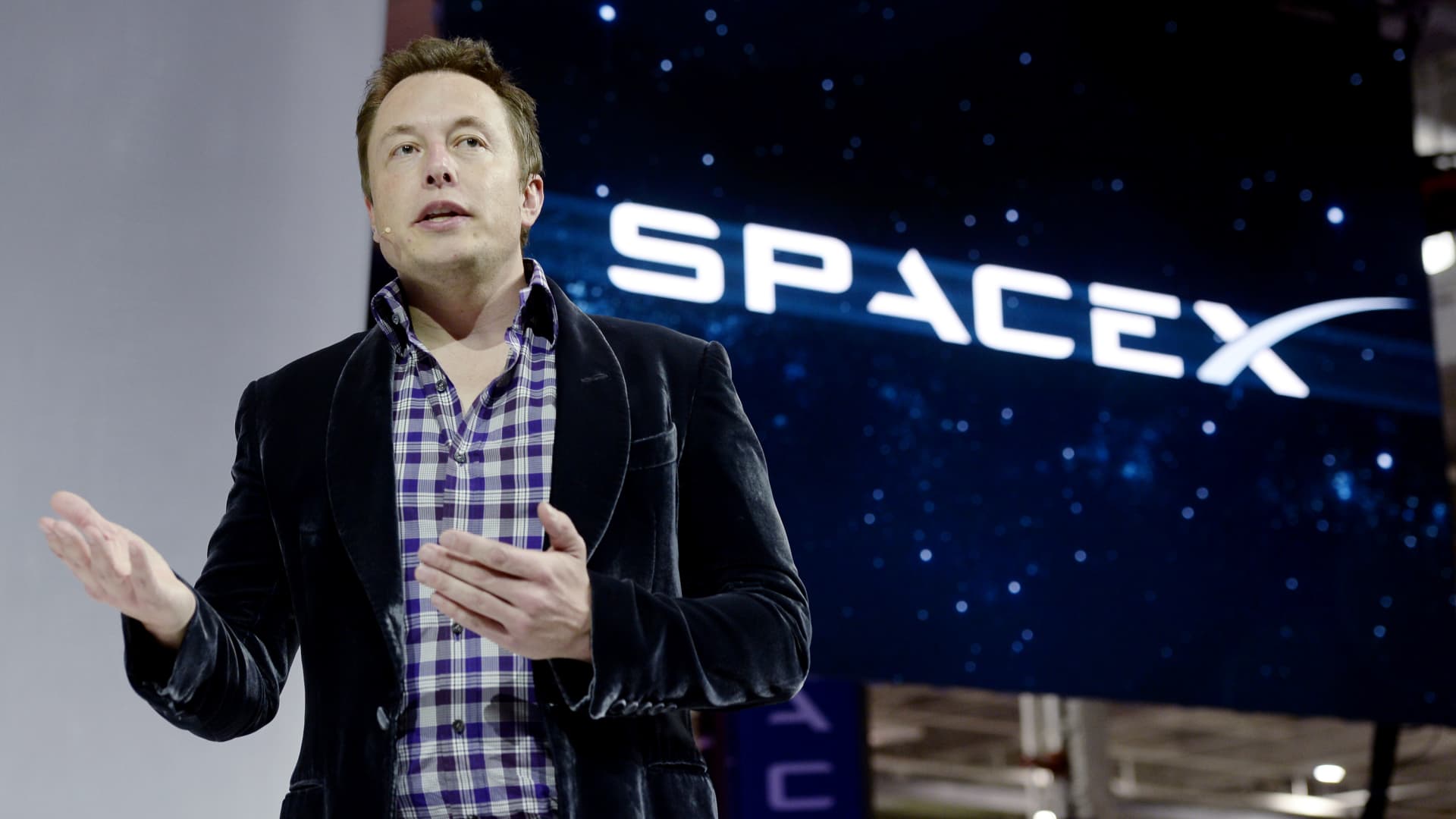SpaceX and Tesla CEO Elon Musk has long championed the colonization of Mars as a necessity for humanity’s survival. In a recent statement, he reiterated his belief that Earth’s ultimate fate—being consumed by an expanding Sun—makes interplanetary expansion an urgent priority.
Speaking at a tech conference, Musk emphasized that while Earth’s demise is billions of years away, proactive steps must be taken now to ensure humanity becomes a multiplanetary species.
The Sun’s Inevitable Expansion
Scientists predict that in about 5 billion years, the Sun will exhaust its hydrogen fuel, expand into a red giant, and likely engulf Earth—rendering our planet uninhabitable long before that due to increasing solar radiation.
“People don’t realize that eventually, the Sun will expand and destroy all life on Earth,” Musk said. “If we want humanity to continue, we need to be on more than one planet. Mars is the best option.”
Why Mars?
Musk argues that Mars, with its relatively hospitable conditions compared to other planets, is the most viable candidate for colonization. His aerospace company, SpaceX, is developing the Starship rocket, designed to transport humans and cargo to the Red Planet. The long-term vision includes establishing a self-sustaining city on Mars within the next few decades.
Critics question the feasibility and cost of such an endeavor, but Musk remains undeterred. “The window of opportunity is open now,” he said. “Technology is advancing, and if we delay, we risk extinction from other threats—asteroids, nuclear war, or environmental collapse—before we even get to the Sun’s expansion.”
A Backup for Humanity
Musk’s vision extends beyond scientific curiosity; he sees Mars as a “backup drive” for civilization. “If something happens to Earth, we want to ensure that humanity doesn’t disappear forever,” he explained.
While challenges like radiation, extreme temperatures, and life support remain, SpaceX continues testing Starship prototypes, with plans for crewed missions in the coming years. NASA and other space agencies are also investing in Mars exploration, though Musk’s timeline is far more aggressive.
Public Reaction
Reactions to Musk’s comments have been mixed. Some applaud his long-term thinking, while others argue that Earth’s immediate crises—climate change, inequality, and political instability—should take precedence.
Astrophysicist Neil deGrasse Tyson has previously echoed Musk’s concerns, stating, “The dinosaurs didn’t have a space program, and look what happened to them.”
What’s Next?
SpaceX aims for an uncrewed Mars mission within this decade, followed by human landings. Whether Musk’s vision becomes reality remains uncertain, but his warnings about Earth’s ultimate fate serve as a stark reminder of humanity’s fragility—and ambition.
As Musk put it: “The future of life shouldn’t be left to chance.”



